How to Make Math Lessons More Engaging?
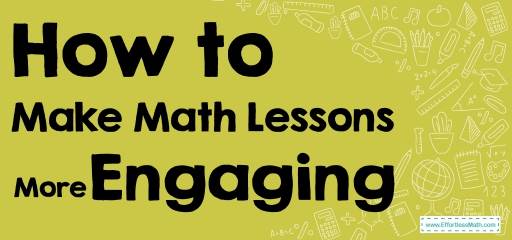
Remember math class? The classroom was filled with students slumped down in their seats, chins resting on their hands as they doodled away the 45 minutes you were there. It was boring! All you did was listen to the teacher drone on about mathematical formulas while scrawling numbers on the chalkboard. Teachers today have the tools to make math more engaging, but most are not aware of what those tools are. Here are five ways to make math more interesting and engaging for your students.
#1 – Spin A Narrative
Students respond more to storytelling than to bland, boring images drawn on the whiteboard. Tell them a story! Use a narrative that helps them understand the problem. For example, you can explain the basics of Algebra by using alphabetical characters instead of just making students memorize the formulas. Stories tend to stick with us, and your students will remember formulas and facts easier if they can connect them with a phrase or storyline. For additional educational resources, . For additional educational resources
#2 – The Opening Act
How do you get the attention of a classroom that’s already well on their way to being bored? Open the class with an attention-getter. This can be anything from a demonstration to a quick game where students can be actively engaged. Make your opening hook something that you can use throughout the lesson, such as an Egyptian pyramid to explain geometrical volumes for pyramid shapes. If you want to dress up as an Ancient Egyptian just to get the point across, that will certainly get their attention too. However, if you decide to do it, make it interesting!
The Absolute Best Book to Ace Math Test
#3 – Rinse And Repeat
Important points during your presentation should be emphasized and repeated several times. This is to help students remember these points. The more you go over it, the better they’ll remember. The process of repetition is one of the oldest memorization methods, and students will respond to it better than if you go over the point only once or twice. If you have a projector for notes, you may want to put a helpful graphic with the lesson’s main points on it so students will be sure to write it down so they can go back to it.
#4 – Paint A Picture
Some students are primarily visual learners, whereas others respond better to audio cues. Make sure that you’re not just talking – you’re showing. Visuals stick in students’ minds more than just plain text, so it’s important to keep your images consistent when talking about a particular formula or problem. For example, a triangle shown throughout a lesson on the Pythagorean Theorem will help students remember the formula for finding the measurement of a triangle’s side.
#5 – Answer The “Why”
Just as some students learn better visually, it can also help if they understand why they’re doing what they’re doing. “Why are we studying this?” “How is this useful to me?” “Why does this formula work for triangles, but not for rectangles?” The more they understand why math works the way it does, the better chance there is that they’ll remember how to solve problems. A clearer understanding of the “why” will help explain to your students why each particular step is necessary and useful.
The Absolute Great Book to Ace Pre-Algebra
Related to This Article
More math articles
- Math As The Language Of Chance: An Introduction To Probability
- Algebra Puzzle – Challenge 41
- How to Prepare for the Praxis Core Math Test?
- How to Represent Systems of Linear Equations Using Matrices?
- Top 10 3rd Grade Georgia Milestones Assessment System Math Practice Questions
- How to Find Fractions of Time Units
- FREE 4th Grade PARCC Math Practice Test
- How to Use Grids to Multiply One-digit Numbers By Teen Numbers
- 10 Most Common 5th Grade MAP Math Questions
- 7th Grade MEA Math Worksheets: FREE & Printable
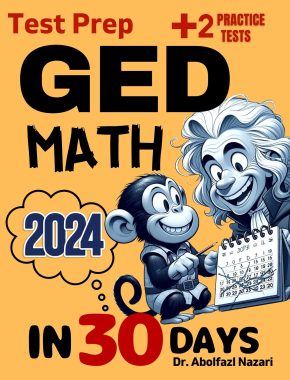

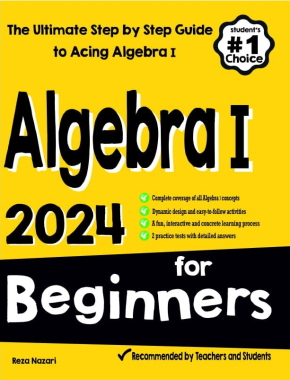

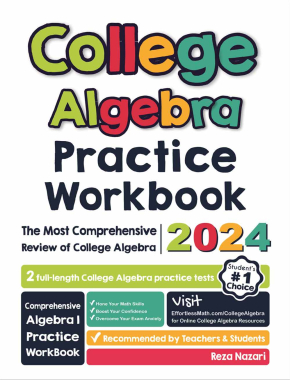

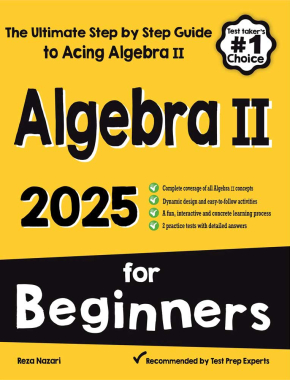
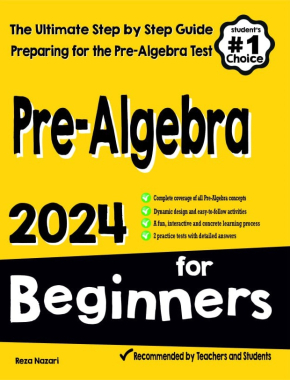
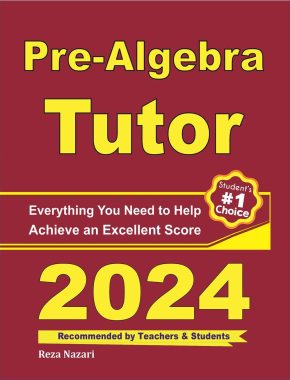
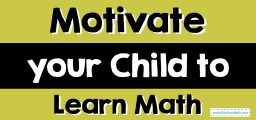
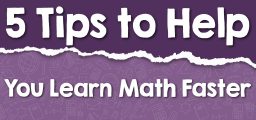
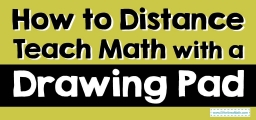






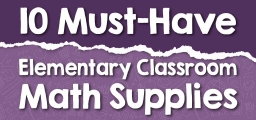
What people say about "How to Make Math Lessons More Engaging? - Effortless Math: We Help Students Learn to LOVE Mathematics"?
No one replied yet.